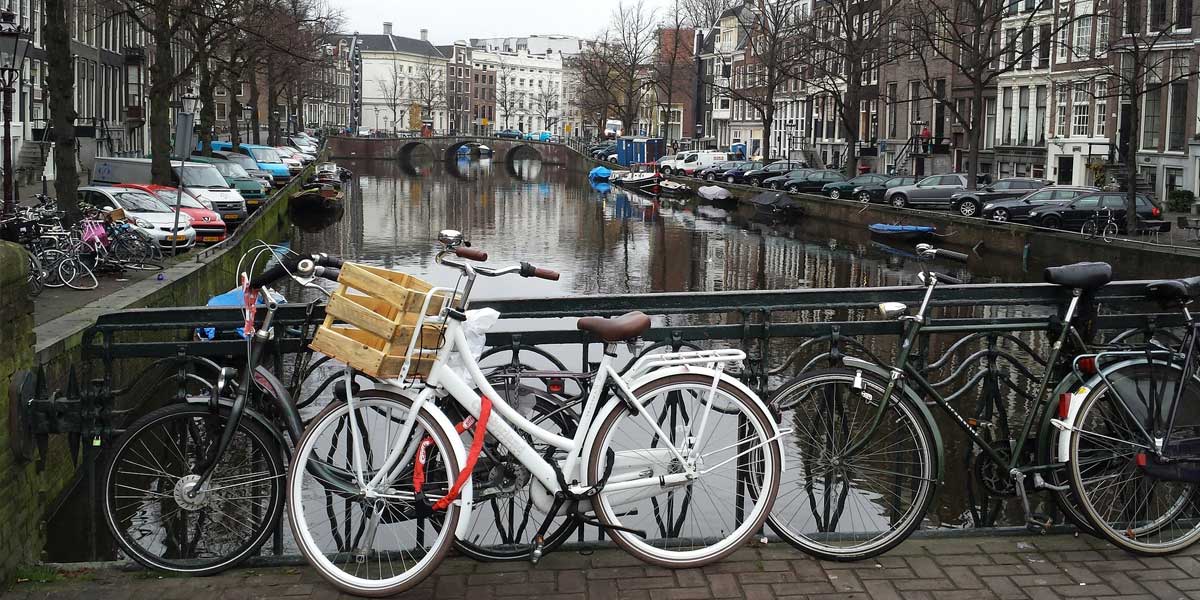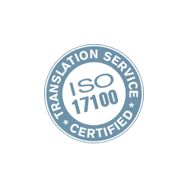What is the easiest language to learn?
Whenever someone is interested in learning a new language, there’s always one question that immediately pops up: what is the easiest language to learn?
Unfortunately, there are so many factors at play that it’s impossible to give any reasonable answer. Who you are, where you live, why you want to learn and your inherent language learning abilities all play a huge part.
But, it would be a bit boring to leave it there. To help get you started on your language learning journey, we’ll take a look at five languages that are the most easy for the average native English speaker to learn.

Spanish
Difficulty:
Spanish is often rolled out as one of — if not the — best language to learn for native English speakers.
With a shallow orthographic depth (most words are pronounced as they are written), reading and writing Spanish is much easier than neighbouring languages like English and French.
To make matters simpler, Spanish has half the number of vowel sounds compared with English and only one completely new sound — ñ. You’ll even notice in your learning that there are actually quite a few Spanish words used in English.
Finally, since Spanish is spoken in 22 countries by approximately 400 million people, it’s incredibly easy to immerse yourself and kickstart your language learning. To get started, check out some of our useful Spanish phrases.

Italian
Difficulty:
With shared Latin roots, Italian and English often look and sound remarkably similar.
If you’re concerned about forgetting language, it’s likely that the Italian word you’re looking for could be very close to the English equivalent. A handful of examples include acid/acido, forest/foresta, decimal/decimale and number/numero.
While there are more sounds than Spanish, Italian is still a bit simpler than English. Additionally, all the sounds required for speaking Italian are present in English — and most other world languages, too.
As with Spanish, Latin words are typically written as they are pronounced.

French
Difficulty:
The language of love and go-to foreign tongue in high schools across the country. Most people in the UK will have experienced the beautiful French language at some point in their lives.
If you’ve ever wondered where our words come from, generous estimates say that French has influenced up to a third of the modern English language. Combine this overlap with shared Latin lineage, and you may find that you can fumble through a French sentence without much training at all.
Unlike Spanish and Italian, French has a relatively deep orthography and this tends to cause new language learners problems. To make matters trickier, French includes gendered nouns, 5 extra verb forms, and some unfamiliar vowel sounds.

Dutch
Difficulty:
Think of Dutch as a close cousin of English. Similar enough to sound alike but different enough to remain unintelligible.
With a shared linguistic lineage, Dutch is packed with English cognates. A few examples include cat/kat, light/licht and week/week.
While a few new sounds might briefly derail you, Dutch pronunciation is almost identical to English so takes very little time to get to grips with speaking the language.

German
Difficulty:
While German isn’t commonly thought of as an easy language, its close relationship to English guarantees it place.
German’s shared lineage with English means there is a lot of overlap between the languages. In fact, the lexicon of the two languages are strikingly similar. True friends include alphabet, arm, blonde, film, hotel, museum and thousands of other words.
If you include intelligible words as well as true friends, that list multiplies many times over.
However, it’s not all plain sailing. Four grammatical cases, a multitude of distinctive dialects and rigid grammatical rules make German a formidable language.
What makes a language difficult?
If you’re worried about learning a new language, it doesn’t always have to mean starting from scratch. With certain languages closer to others on the linguistic tree, you might have done a lot of the legwork already.
Here are our key areas that will affect how easy it is for you to get comfortable with a new language.
Who is doing the learning?
When determining the relative ease of learning a language, the learner’s background will almost always be the biggest factor. A native Dutch speaker will find it easier to pick up Afrikaans than Albanian and a Norwegian speaker will get to grips with Swedish much quicker than Swahili.
Grammatical Structure
Does the new language have new grammatical structures that are different to your native language? Learning a language as an adult is often a bit trickier, but could be easier if you choose a language with a similar grammar system.
New Sounds
Languages with new sounds that aren’t present in your native language could make it more difficult. You may struggle with the pronunciation or suffer from a little foreign language anxiety.
But you shouldn’t let that hold you back. Some of the best language learning apps like DuoLingo can help you sound out the words, and play it back until you get it right. You could even check out some foreign language films for a laid back way to improve pronunciation.
Existing Similarities
If the language you’re trying to learn bears similarities to your native language, it could make it ten times easier. If the language sounds very different, it may well be harder.
Similarities can often mean you pick up the words with ease, and that the pronunciations come more naturally. Choosing a language with similarities, you might have all the benefits of bilingualism in no time.
Conclusion
Still struggling with how to learn a new language? The best way to learn a language will depend on many factors. If you’re learning for the first time, or looking at the best languages to learn for business, it’s important to first build a solid foundation.
To help you immerse yourself in a language, you might even want to visit the country of the language you’re learning. Though the importance of translation in tourism means that many large cities in Europe now also speak English, it’s best to avoid speaking English. You’ll make the most of your experience, and learn much faster.
Already an experienced multilingual? Why not look at our list of the hardest languages in the world for a challenge.





